Our Staff
Hewison Research Lab Team
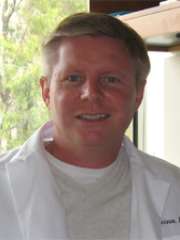
Martin Hewison, PhD
A molecular endocrinologist by training, Dr. Hewison heads a team of six researchers whose work is focused on exploring the role of vitamin D in human health. Dr Hewison’s group were the first to report widespread expression of the vitamin D-activating enzyme CYP27B1 in normal human tissues, providing a mechanism for localized concentration of active hormonal vitamin D. Subsequent studies have shown that this mechanism is dependent on serum vitamin D status.
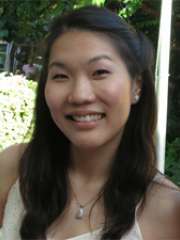
Wareeratn (Joyce) Chengprapakorn, MD
Wareeratn Chengprapakorn obtained her dental degree from Faculty of Dentistry, Chulalongkorn University in Bangkok, Thailand in 2004. She then worked for Maxillofacial Prosthodontic unit in Faculty of Dentistry, Chulalongkorn University for 5 years as a resident dentist rehabilitating patients with maxillofacial defects.
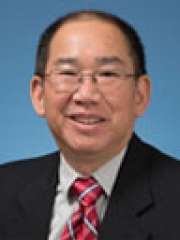
Rene Chun, PhD
Rene Chun is an Associate Researcher in the Hewison Vitamin D research group. Rene received his undergraduate degree in Biochemistry from UCLA. He then obtained his PhD at UC Irvine in the laboratory of Dr. Hung Fan studying the molecular biology of the Tat protein of HIV. His post-doctoral training has included appointments at NIAID/NIH, UC San Francisco-VA Medical Center and Cedars-Sinai Medical Center.
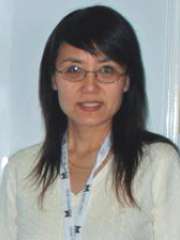
Nancy Liu, MD
Nancy Q. Liu received her M.D. from Norman Bethune University of Medical Science in 1987. Since 1994 she has been involved in several biomedical and molecular biology projects as a postgraduate researcher at UCLA. She joined the Department of Orthopaedic Surgery in 2002, where her work was focused on investigation of the effects of the BMP pathway and RANK/RANKL axis in the metastatic bone lesions of prostate and lung cancers.
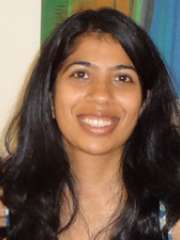
Anjali Nayak, MD
Here under the guidance of Dr. Martin Hewison and Dr. Isidro Salusky I am working on research to explore how the vitamin D system affects iron homeostasis. In particular my studies will investigate the impact of vitamin D on iron regulatory proteins such as hepcidin and ferrorportin. Hepcidin (encoded by the HAMP gene) regulates the absorption, tissue distribution and extracellular concentrations of iron by suppressing ferroportin-mediated export of cellular iron.

Jessica Sea
In 2012, Jessica joined the UCLA ACCESS program and after rotating among an eclectic array of labs, decided to join Dr.s John Adams and Martin Hewison to explore the intricacies of non-classical vitamin D functions. Her current research is focused on understanding vitamin D metabolism in the vascular endothelium and the mechanisms underpinning endothelial dysfunction related to vitamin D metabolic obstruction.

Kathryn Zavala
Her research projects focused on understanding the transcriptional regulation of the capsaicin receptor, TRPVI, as well as characterizing the functional properties of TRP-related ion channels and discovering novel activators/inhibitors of TRPV1 and TRPA1 expression. Currently, Kathryn is working towards her PhD in Molecular and Cell Developmental Biology at the University of California, Los Angeles.